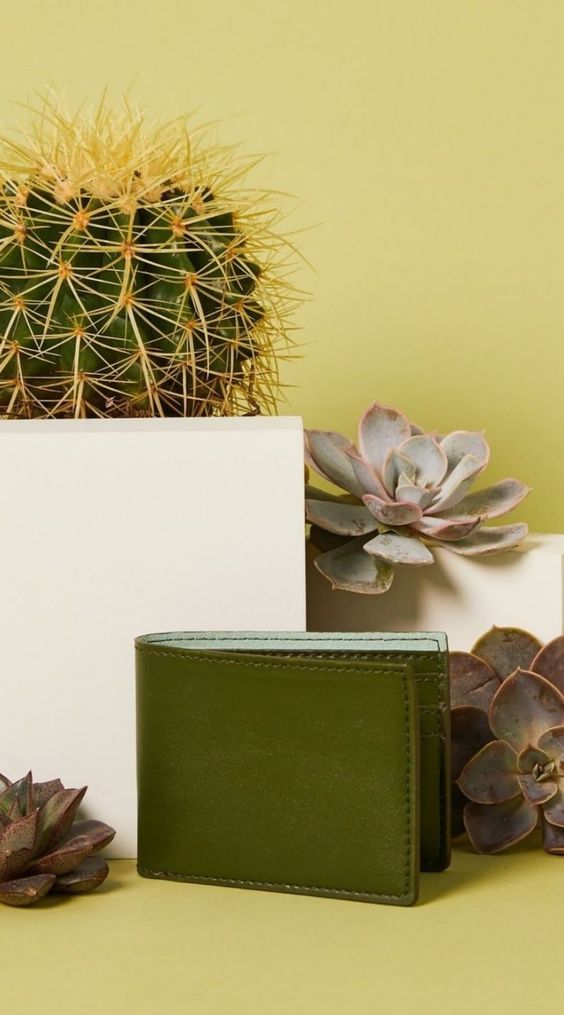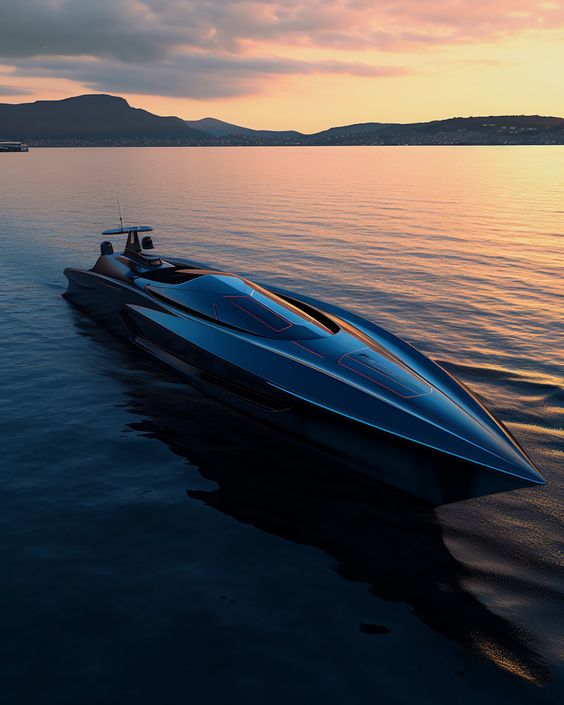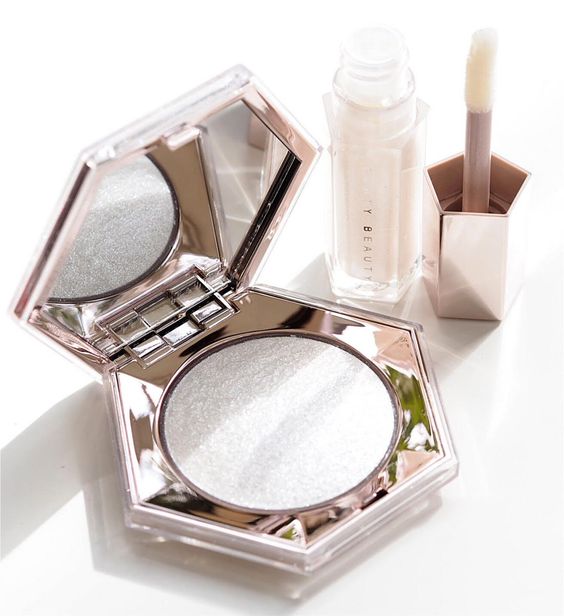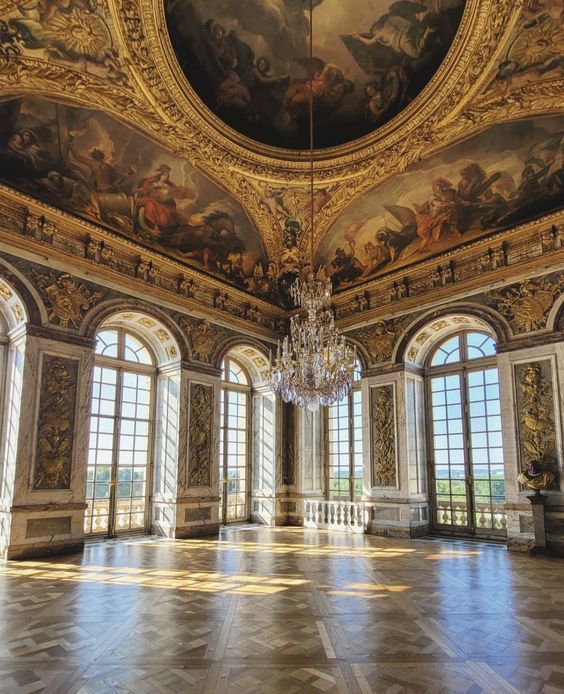The Rise of Sustainable Fashion: Eco-Friendly Choices in Luxury
As consumers become more aware of the environmental and social impacts of the fashion industry, there has been a growing demand for sustainable and eco-friendly fashion choices. In response, luxury brands are embracing sustainability as a core value and incorporating eco-friendly practices into their production processes. From using organic and recycled materials to implementing fair trade and ethical labor practices, sustainable fashion is on the rise.
This blog discusses the rise of sustainable fashion in the luxury industry and highlights the eco-friendly choices consumers can make to support this movement.
The growing importance of sustainability in the fashion industry
The fashion industry has long been associated with unsustainable practices, from the use of hazardous chemicals in textile production to the excessive waste generated by fast fashion. However, in recent years, there has been a significant shift towards sustainability in the industry. With the rise of sustainable fashion, consumers are increasingly demanding transparency and accountability from brands, forcing them to prioritize ethical and eco-friendly practices.
This growing importance of sustainability can be attributed to a number of factors. Firstly, the increasing awareness of climate change and its impact on the planet has led to a greater sense of urgency in adopting sustainable practices.
Additionally, consumers are becoming more conscious of the social and ethical aspects of fashion, demanding fair trade and ethical labor practices throughout the supply chain.
Luxury brands, in particular, have recognized the potential for sustainability to enhance their brand image and appeal to a new generation of conscious consumers. By committing to sustainable practices, luxury brands are not only reducing their environmental footprint but also creating a positive social impact.
Luxury brands embracing eco-friendly practices

Luxury brands, known for their high-quality craftsmanship and exclusivity, are now embracing eco-friendly practices to align themselves with the growing demand for sustainability in the fashion industry. These brands are actively working towards reducing their environmental impact by implementing various strategies.
One of the key practices luxury brands are adopting is the use of sustainably sourced materials. Instead of traditional materials like leather and fur, brands are turning to alternatives such as vegan leather and recycled fabrics. Additionally, luxury brands are investing in research and development to discover innovative materials that are both luxurious and eco-friendly.
Another aspect that luxury brands are focusing on is reducing waste throughout the production process. They are implementing advanced manufacturing techniques that minimize fabric waste and use energy-efficient technologies. Some brands are also exploring the idea of upcycling and repurposing materials to create unique pieces with a lower environmental footprint.
Furthermore, luxury brands are prioritizing ethical labor practices and fair trade initiatives. They are partnering with artisans and craftsmen from marginalized communities, providing them with fair wages and safe working conditions. This not only supports sustainable livelihoods but also ensures the preservation of traditional craftsmanship.
Overall, luxury brands are recognizing the importance of sustainability and are making conscious efforts to integrate eco-friendly practices into their operations. By doing so, they are not only meeting the demands of conscious consumers but also setting an example for the rest of the fashion industry. In the next section, we will delve deeper into the innovative ways luxury brands are redefining the concept of luxury while prioritizing sustainability.
Consumer demand for sustainable luxury fashion
In recent years, there has been a significant shift in consumer attitudes and behaviors towards sustainability in the fashion industry. With increased awareness about the environmental and social impacts of fast fashion, consumers are now demanding more sustainable alternatives, even in the luxury sector.
One of the driving factors behind this demand is the growing concern for the planet. Consumers are becoming more conscious of their carbon footprint and are actively seeking out brands that align with their values. They want to invest in products that not only make them feel good but also contribute to a better future for the planet.
Another key factor is the rise of the conscious consumer. Millennials and Gen Z, in particular, are more informed and socially aware than ever before. They are passionate about issues such as climate change, labor rights, and animal welfare. As a result, they are willing to pay a premium for luxury items that are ethically produced and environmentally friendly.
Luxury brands are taking note of this shift in consumer preferences and are adapting their strategies accordingly and this contributes to the rise of sustainable fashion. They understand the importance of building trust and loyalty by offering sustainable choices that meet the demands of their target audience. By doing so, luxury brands not only stay relevant in an ever-changing market but also contribute to the larger goal of creating a more sustainable fashion industry.
In the next section, we will explore the innovative marketing strategies that luxury brands are utilizing to communicate their sustainability efforts to consumers contributes greatly to the rise of sustainable fashion.
How to make eco-friendly choices in luxury fashion
As consumers, we hold the power to make a positive impact on the fashion industry through the choices we make. When it comes to luxury fashion, there are several steps we can take to ensure that our purchases align with our values of sustainability and environmental consciousness.
1. Research brands: Before making a luxury fashion purchase, it’s essential to do some research on the brand’s sustainability practices. Look for brands that prioritize ethical sourcing, fair labor practices, and environmentally friendly production methods. Many luxury brands now have dedicated sections on their websites that outline their sustainability initiatives, making it easier for consumers to make informed choices. Doing this contributes to the rise of sustainable fashion.
2. Choose quality over quantity: Instead of buying multiple fast fashion items, opt for high-quality luxury pieces. Investing in timeless, well-made items not only contributes to a more sustainable wardrobe but also ensures longevity. By purchasing fewer pieces but of higher quality, you can reduce your environmental impact and create a more sustainable fashion cycle.
3. Embrace second-hand and vintage fashion: Luxury fashion doesn’t always have to be brand new. Embracing second-hand and vintage fashion is not only a sustainable choice but also an opportunity to find unique and one-of-a-kind pieces. Explore vintage shops, online platforms, and consignment stores to discover pre-loved luxury items that deserve a second life.
4. Rent instead of buying: Another eco-friendly option in luxury fashion is renting. Instead of purchasing a garment that you may only wear once or twice, consider renting it for a special occasion. This not only reduces waste but also allows you to experiment with different styles and designers without committing to a long-term purchase.
By following these steps, you can make eco-friendly choices in luxury fashion and contribute to the rise of sustainable fashion. Together, we can encourage more luxury brands to prioritize ethical and environmentally friendly practices, creating a brighter and greener future for fashion.
The benefits of supporting sustainable luxury brands

Supporting sustainable luxury brands goes beyond just making a positive impact on the environment. There are several benefits to choosing eco-friendly options in the world of luxury fashion:
Firstly, sustainable luxury brands often prioritize ethical sourcing and fair labor practices. By supporting these brands, you are contributing to the improvement of working conditions for garment workers. This ensures that the individuals involved in the production process are treated fairly and paid a living wage.
Secondly, choosing sustainable luxury brands showcases your commitment to sustainability and environmental consciousness. It sends a message to the fashion industry that consumers demand more eco-friendly options. By using your purchasing power to support these brands, you are encouraging others to follow suit and promoting a shift towards sustainability.
Lastly, investing in well-made, high-quality luxury pieces means that your wardrobe will stand the test of time. Unlike fast fashion items that quickly fall apart, sustainable luxury pieces are designed to last. This not only saves you money in the long run but also reduces the amount of waste generated by the fashion industry.
In conclusion, supporting sustainable luxury brands has wide-ranging benefits. It uplifts the lives of garment workers, highlights the importance of sustainability, and offers a more sustainable and durable wardrobe. By making eco-friendly choices in luxury fashion, you are contributing to the rise of sustainable fashion. A brighter future awaits the industry and the planet as a whole.
The Rise of Sustainable Fashion: The future
As the demand for sustainable fashion continues to grow, it is clear that the future of the luxury industry lies in embracing eco-friendly practices. With consumers becoming more conscious of their purchasing decisions, luxury brands are recognizing the need to adapt and incorporate sustainability into their core values.
One key aspect of the future of sustainable fashion in the luxury industry is innovation. Brands are investing heavily in research and development to explore new materials and production methods that have a minimal impact on the environment. From using recycled materials to incorporating cutting-edge technologies, these innovations are paving the way for a more sustainable luxury fashion landscape.
Additionally, collaborations between luxury brands and sustainable initiatives are becoming more prevalent. By partnering with organizations and nonprofits that promote eco-friendly practices, luxury fashion houses are able to combine their expertise with a commitment to sustainability. These collaborations not only raise awareness but also provide consumers with more options for sustainable luxury fashion.
Moreover, sustainability is increasingly becoming a marketing strategy for luxury brands. With consumers actively seeking out eco-friendly options, brands that prioritize sustainability have a competitive edge. The future of the luxury industry will see a shift towards brands that are transparent about their manufacturing processes and environmentally friendly practices.
In conclusion, the future of sustainable fashion in the luxury industry looks promising as the rise of sustainable fashion continues. As brands continue to prioritize ethical sourcing, environmental consciousness, and quality craftsmanship, consumers can expect a wider range of stylish and sustainable options. By supporting these brands, we can shape the future of luxury fashion and contribute to a more sustainable industry overall.








